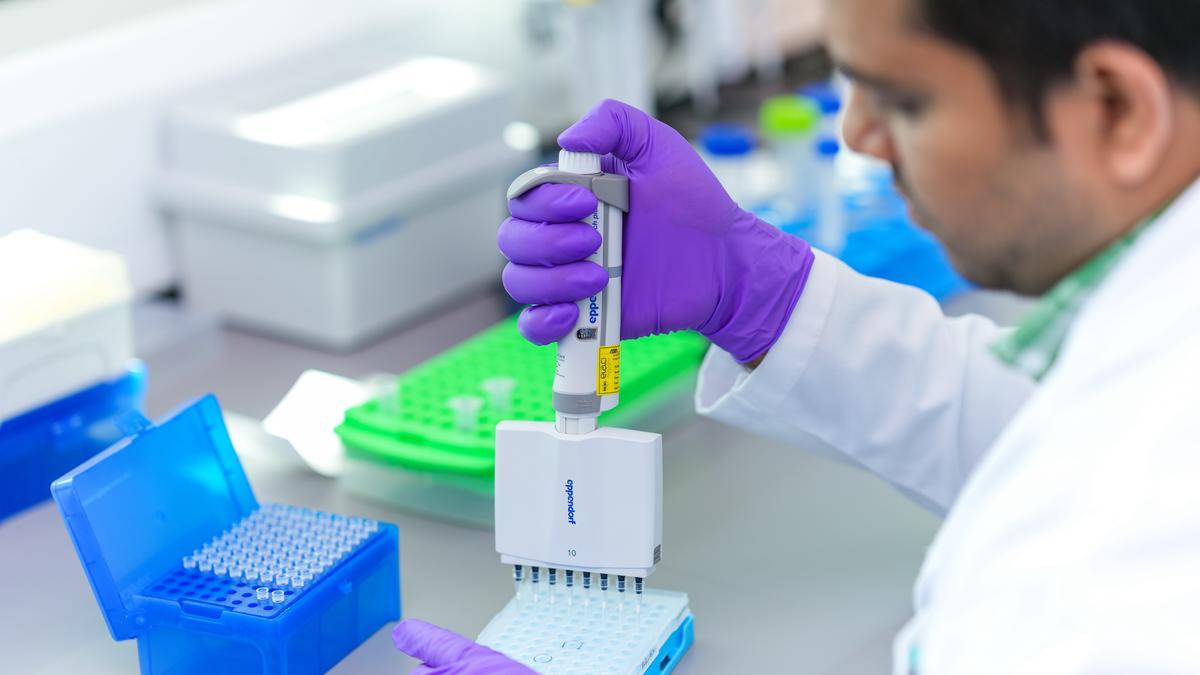
Bengaluru start-up strives to bridge the indigenous data gap in precision oncology Premium
The Hindu
While there have been substantial advancements in the field of oncology and the treatment of the disease, keeping the cancer rate in the country below that of several others, several gaps persist including the need for increased clinical trial, high expenses associated with advanced treatments and so on.
In February this year, Union minister for health and family welfare Mansukh Mandaviya, citing the Indian Council of Medical Research-National Cancer Registry Programme, told the parliament that the estimated incidents of cancer are rising in India.
While there have been substantial advancements in the field of oncology and the treatment of the disease, keeping the cancer rate in the country below that of several others, several gaps persist including the need for increased clinical trial, high expenses associated with advanced treatments and so on.
One such gap has been the reduced availability of data. Precision oncology, an advanced form of cancer treatment, tailors customised treatment plan for patients based on their DNA and genomic biomarkers. However, the existing genomic database comprises of data mostly on Caucasian population, putting non-Caucasian population including India at a disadvantage.
4baseCare, a Bengaluru based start-up, aims to bridge this data gap and has come up with a gene panel for the Indian population after extensive research. This, according to the start-up, would allow to provide more evidence-based and data-backed treatment for cancer patients in the country.
Hitesh Goswami and Kshitij Rishi, co-founders of 4baseCare, were previously colleagues at a drug discovery company. While Gowany worked as a research scientist for drug discovery, Rishi used to work on vaccines for cancer.
The duo came together again in 2014-15 and a lot of conversations revolved around genomics and oncology.
“Unlike in other diseases, genomics in oncology is much more mature, because cancer is the disease of the DNA. And the more understanding we get about any disease, we can fight it back better. We knew what was happening in the West in terms of how genomics was being applied in treatment, but in India, it was very basic at that time,” Goswami recollects.

President Donald Trump is now facing renewed scrutiny over his links to Epstein. During his campaign, Trump said he would have no problem releasing the Epstein files. But since returning to political life, he has dismissed them as fabrications, claiming they were pushed by his Democratic opponents. Let’s take a look at what Epstein files are and why it has once again become the center of political controversy in the United States.




















 Run 3 Space | Play Space Running Game
Run 3 Space | Play Space Running Game Traffic Jam 3D | Online Racing Game
Traffic Jam 3D | Online Racing Game Duck Hunt | Play Old Classic Game
Duck Hunt | Play Old Classic Game










